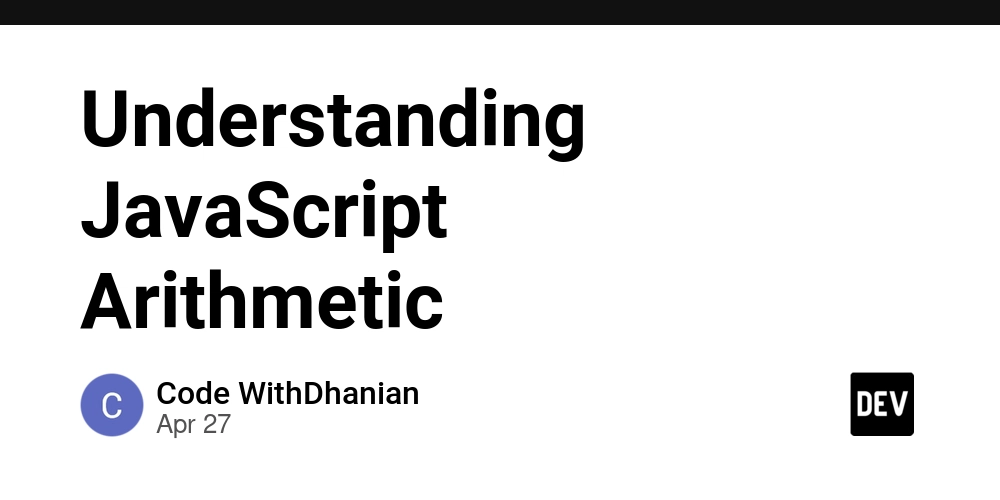Jesus ‘n’ Mo ‘n’ apostasy
Today’s Jesus and Mo strip, called “apostates,” shows Mo instantiating the hatred inherent in some Islamists. The accompanying caption: “It’s complicated.” From Wikipedia’s article “Apostasy in Islam“, showing that it is indeed complicated (but not for Mo): Apostasy in Islam (Arabic: ردة, romanized: ridda or ارتداد, irtidād) is commonly defined as the abandonment of Islam by a Muslim, in thought, word, or through deed. It … Continue reading Jesus ‘n’ Mo ‘n’ apostasy

Today’s Jesus and Mo strip, called “apostates,” shows Mo instantiating the hatred inherent in some Islamists. The accompanying caption: “It’s complicated.”
From Wikipedia’s article “Apostasy in Islam“, showing that it is indeed complicated (but not for Mo):
Apostasy in Islam (Arabic: ردة, romanized: ridda or ارتداد, irtidād) is commonly defined as the abandonment of Islam by a Muslim, in thought, word, or through deed. It includes not only explicit renunciations of the Islamic faith by converting to another religion or abandoning religion, but also blasphemy or heresy by those who consider themselves Muslims, through any action or utterance which implies unbelief, including those who deny a “fundamental tenet or creed” of Islam. An apostate from Islam is known as a murtadd (مرتدّ).
While Islamic jurisprudence calls for the death penalty of those who refuse to repent of apostasy from Islam, what statements or acts qualify as apostasy and whether and how they should be punished, are disputed among Islamic scholars, with liberal Islam rejecting physical punishment for apostasy. The penalty of killing of apostates is in conflict with international human rights norms which provide for the freedom of religions, as demonstrated in human rights instruments such as the Universal Declaration of Human Rights, the International Covenant on Civil and Political Rights, and the International Covenant on Economic, Social and Cultural Rights provide for the freedom of religion.











































































